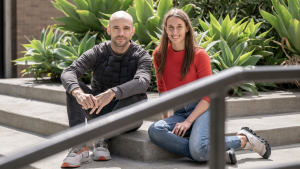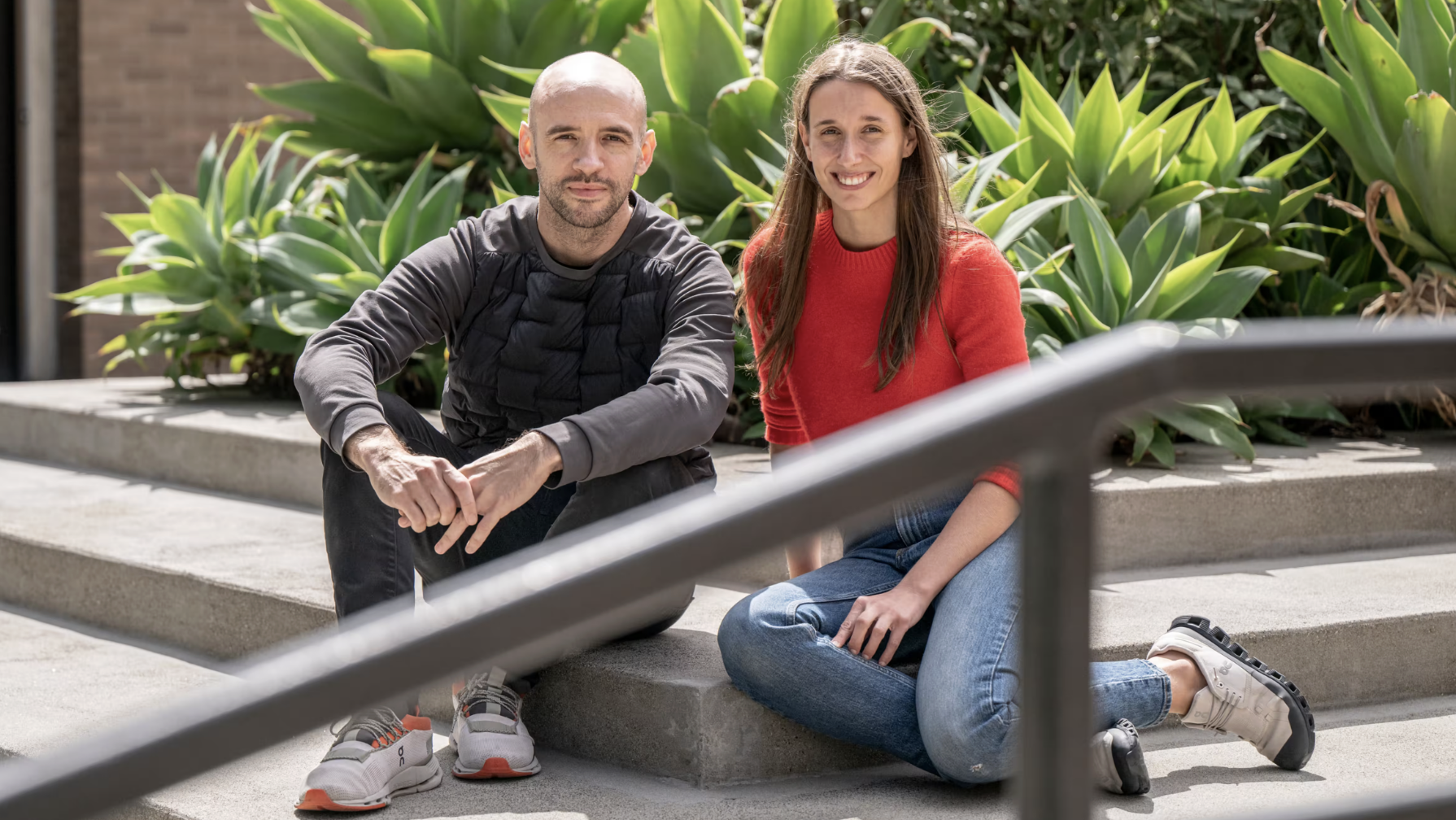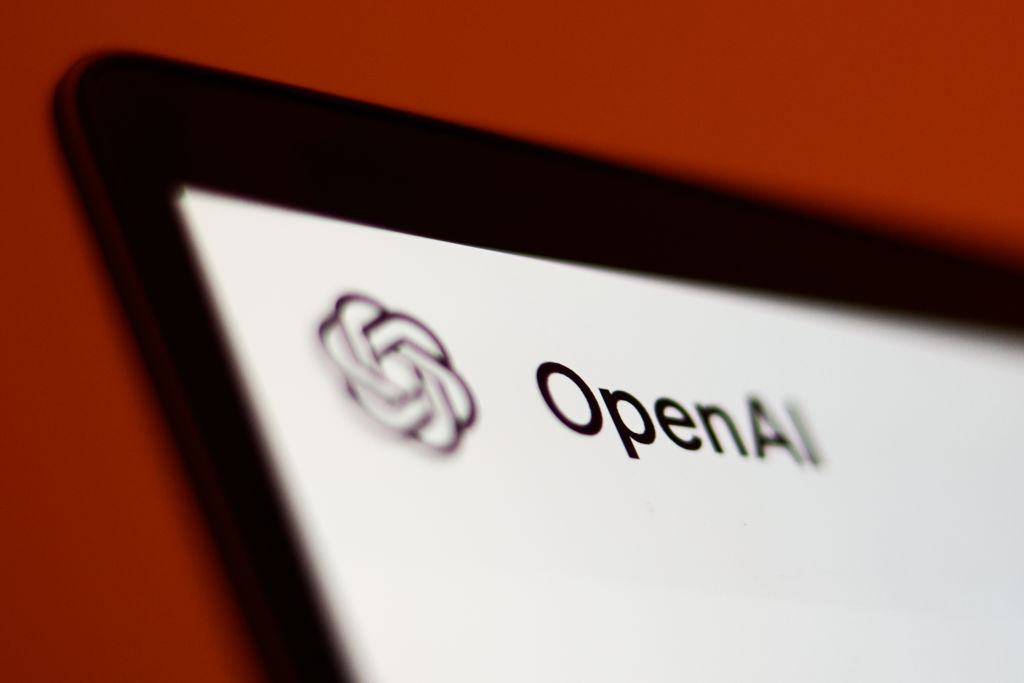
A provocative new sporting venture, the Enhanced Games, is poised to challenge deeply ingrained norms within athletic competition and, its founders contend, redefine the trajectory of human potential itself. Scheduled for launch in May 2026, this controversial event is explicitly designed to embrace, rather than prohibit, performance-enhancing drugs (PEDs), promising unprecedented athletic feats and million-dollar rewards for world record breakers. While critics initially dismiss it as a mere spectacle for a "techno-macho era," co-founder Aron D’Souza, backed by prominent investors like Peter Thiel, reveals a far more ambitious agenda: to forge a multi-trillion-dollar longevity industry and offer a radical solution to global demographic crises.
A New Paradigm for Competitive Sport
The concept of a sporting event that openly sanctions performance-enhancing substances stands in stark contrast to over a century of efforts to ensure fair play and protect athlete health in traditional competitions. The modern Olympic Games, revived in 1896, were founded on ideals of amateurism, natural ability, and human spirit. However, the allure of victory and the pressures of elite competition gradually led to the clandestine use of various drugs. The latter half of the 20th century saw a dramatic escalation in doping scandals, culminating in high-profile cases such as Ben Johnson’s disqualification from the 1988 Seoul Olympics. This era prompted the formation of the World Anti-Doping Agency (WADA) in 1999, an independent international body dedicated to harmonizing anti-doping policies across all sports and nations. WADA’s mission has been to safeguard the integrity of sport and the health of athletes by maintaining a strict Prohibited List and implementing rigorous testing protocols.
Against this backdrop, the Enhanced Games presents a revolutionary — or to some, regressive — alternative. Its vision jettisons the anti-doping framework entirely, instead celebrating human biological augmentation. The inaugural event, planned for Las Vegas, intends to offer substantial $1 million bounties for any athlete who surpasses existing world records. Already, former Olympic athletes, including decorated sprinter Fred Kerley and accomplished swimmer Kristian Gkolomeev, have reportedly expressed interest or signed on, signaling a willingness among some top-tier competitors to explore the limits of human performance under different rules. D’Souza and his co-founder, billionaire Christian Angermayer, have secured "double-digit millions" in funding, attracting talent from established organizations such as the U.S. Olympic Committee, Red Bull, and FIFA to build out this audacious new sports league.
The Longevity Playbook: Sports as a Marketing Engine
Beyond the immediate spectacle of enhanced athletic prowess, the Enhanced Games harbors a strategic, long-term business objective. D’Souza explicitly describes the event not merely as a competition, but as a "marketing engine for a longevity industry" that he anticipates will swell to a multi-trillion-dollar market. The business model, he explains, draws inspiration from Red Bull’s highly successful strategy of leveraging extreme sports to market an energy drink. However, in this case, the product isn’t a beverage; it’s a suite of human enhancement protocols.
D’Souza envisions a telehealth service, akin to existing platforms like Hims or Roman, but with a critical differentiator: it will offer access to substances such as testosterone, growth hormone, and other performance-enhancing compounds. The unique selling proposition will be the "evidence that the best and fastest athletes in the world use our protocols." This approach positions elite athletes not just as entertainers, but as living, breathing testimonials for the efficacy and safety (under medical supervision) of these enhancement therapies. The market for longevity and anti-aging solutions has been experiencing exponential growth, transitioning from a niche interest to a significant investment thesis. In 2024 alone, longevity startups reportedly attracted $8.5 billion in funding. This surge reflects a broader societal interest in extending not just lifespan, but also "healthspan" – the period of life spent in good health and free from chronic disease. The market now encompasses everything from dietary supplements and advanced diagnostics to cryotherapy, gene therapy research, and personalized medicine, attracting both billionaires investing in groundbreaking research and everyday individuals seeking direct-to-consumer health tracking solutions. The Enhanced Games aims to capitalize on this trend by directly linking peak human performance to medically supervised enhancement, thereby legitimizing and commercializing a segment of the longevity market that currently operates in a more regulated or even illicit sphere.
Addressing a Global Demographic Conundrum
The vision for human enhancement presented by the Enhanced Games extends beyond individual athletic achievement or commercial opportunity; it purports to offer a solution to one of the most pressing global challenges: rapidly aging populations and declining birth rates. Across much of the developed world, fertility rates have dipped below the replacement level, signaling a demographic shift that could lead to population decline and profound economic consequences. A recent study by McKinsey highlighted this global trend, noting that most regions outside of sub-Saharan Africa are on a path toward demographic contraction.
The implications of an aging population are vast. Decreased birth rates mean a smaller future workforce, putting immense strain on social security systems, pension funds, and healthcare infrastructure, as fewer young workers support an ever-growing cohort of retirees. Traditional responses to these challenges have typically included encouraging higher birth rates through family support policies, or embracing immigration to bolster the working-age population. However, D’Souza observes that mass migration, while economically beneficial in many contexts, has ignited significant political backlash in various nations, including the United States and across Europe. Right-wing political parties have leveraged concerns about national identity and cultural integration to gain influence, making large-scale immigration a politically fraught solution.
D’Souza points to Japan as a cautionary tale. With an average age of 49.8 years, Japan possesses one of the world’s oldest populations, a demographic reality exacerbated by historically low birth rates and limited immigration. He posits a direct question: "How do you reconcile the desire for economic growth with an anti-immigration modality?" His answer, unequivocally, is "longevity and human enhancement." In this stark calculus, the only viable path to maintaining a "young, working, tax-paying population" without increasing birth rates or immigration is to extend the productive lifespan of existing individuals through biological enhancement. He dismisses policy alternatives, arguing that European efforts to support families have largely failed to reverse birth rate declines. This perspective resonates with some powerful figures, including Peter Thiel and Donald Trump Jr., both of whom D’Souza describes as "obsessive about the demographics of the nation." Thiel, a prominent venture capitalist, has notably invested heavily in longevity startups like Retro Biosciences, Unity Biotechnology, and NewLimit, underscoring a shared belief in the transformative potential of life extension technologies.
The AI Race and Human Relevance
Adding another layer of urgency to the Enhanced Games’ philosophy is the looming specter of artificial general intelligence (AGI). Many of the same investors backing the Enhanced Games and longevity research are also pouring billions into the development of AGI – a form of AI theoretically capable of performing any intellectual task a human can. This raises a profound question: if AGI is on the horizon, potentially rendering many human jobs obsolete, why bother extending human working years?
D’Souza articulates a perspective rooted in the belief that humans must "upgrade" to remain relevant in an AI-dominated future. He frames the issue as a competition between humans and machines. Drawing a parallel to Sam Altman’s view (though D’Souza believes Altman wouldn’t fully admit the consequence), he suggests that AGI’s advent could relegate unenhanced humans to a "second-class species." According to D’Souza, "The machines are getting better in real time, and because of outdated regulations, particularly by the International Olympic Committee and the World Anti Doping Agency… human enhancement is stifled, and so we aren’t able to upgrade fast enough to compete with the machines." He asserts his goal is "to ensure that humans can remain competitive with the machines." This narrative positions the Enhanced Games not just as a sporting event, but as a critical catalyst for a "human enhancement era," akin to Sputnik launching the space age or ChatGPT igniting the AI boom – a pivotal moment that could unlock massive investment and accelerate human biological evolution.
Ethical Frontiers and Societal Divides
The ambitious vision of the Enhanced Games and the broader human enhancement movement inevitably raises complex ethical and societal questions. The "ick factor" D’Souza acknowledges is rooted in deeply held societal values about fair play, the sanctity of natural human achievement, and the potential health risks associated with performance-enhancing substances. While D’Souza believes this initial discomfort will dissipate as enhanced athletes shatter records, the long-term cultural reception remains uncertain.
Perhaps the most significant concern revolves around social equity. The "species-level framing" of human enhancement as a necessity to compete with machines, or to solve demographic challenges, glosses over the fundamental issue of access. D’Souza posits a "technology diffusion" model, where innovations proven by elite athletes eventually trickle down to the general population. However, the proposed business model — premium telehealth services marketed through an exclusive sporting event — suggests a different reality. Cutting-edge medical technologies and enhancement protocols have historically been, and are likely to remain, expensive and accessible primarily to the wealthy. When confronted with the suggestion that enhancement technologies would likely reach the wealthiest first, potentially leading to elites hoarding these capabilities, D’Souza did not dispute it, acknowledging it as a "potentially pernicious consequence of human enhancement." This opens the door to a speculative, yet plausible, future where society could become starkly divided: an "enhanced" elite class enjoying extended health, greater capabilities, and prolonged productivity, while the majority of the population remains "unenhanced," grappling with the traditional challenges of aging and potentially facing increased marginalization in an AI-driven, enhanced-human world. The regulatory and legal frameworks around the widespread medicalization of enhancement would also be unprecedented, presenting formidable challenges for public health authorities and policymakers worldwide.
In its totality, the Enhanced Games represents far more than a sporting novelty. It is a bold, controversial, and potentially transformative venture that seeks to fundamentally alter our understanding of human potential, sportsmanship, and societal structure. By intertwining elite athletic performance with a vision for widespread human biological augmentation, it forces a confrontation with profound questions about technology, ethics, equity, and the very future of humanity in an age of rapid technological change and demographic shifts.






